Marriner Eccles: Father of the Modern Federal Reserve
Marriner Eccles was one of the premier economic thinkers of his time. The Chairman of the Federal Reserve under Presidents Roosevelt and Truman, Marriner was integral to the economic policies of the 1930s and ‘40s; he was a staunch advocate for the independence of the nation’s central bank, and a voice of the New Deal.
Previews + Extras
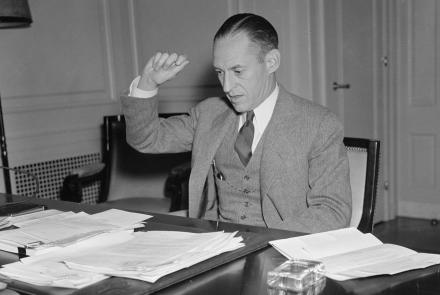
Trailer
S1 E1 - 30s
Marriner Eccles was one of the premier economic thinkers of his time. The Chairman of the Federal Reserve under Presidents Roosevelt and Truman, Marriner was integral to the economic policies of the 1930s and '40s; he was a staunch advocate for the independence of the nation’s central bank, and a voice of the New Deal.
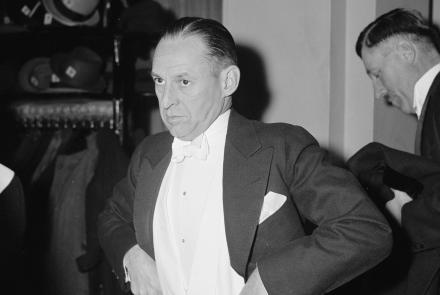
Extended Trailer
S1 E1 - 1m
Discover one of the premier economic thinkers of the 1930s — Marriner S. Eccles.
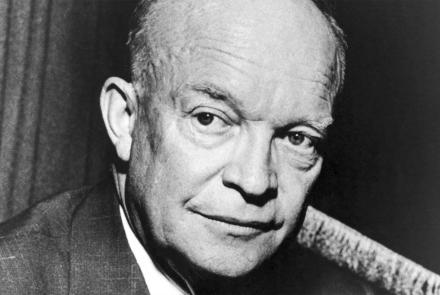
The Treasury-Federal Reserve Accord
S1 E1 - 2m 25s
In modern history, the U.S. Treasury and the Federal Reserve have operated as fully separate institutions — the Treasury manages the nation’s debt, while the Fed sets monetary policy — but this was not always the case. Throughout the 1940s, the Fed had worked with the Treasury to help finance the war effort, but by the 1950s, it was time for this arrangement to come to an end.
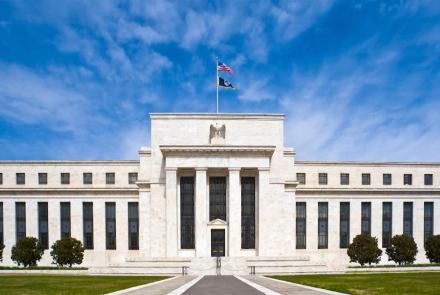
The Role of the Modern Federal Reserve
S1 E1 - 2m 37s
What is the role of the Federal Reserve in regulating the U.S. economy? The Fed has two major roles: monetary policy, accomplished through the setting of interest rates, and oversight of the financial system, such as the regulation of the banking system at large. Through these two sets of tools, the Fed can stimulate a sluggish economy, reduce inflation, and ensure banks are operating properly.
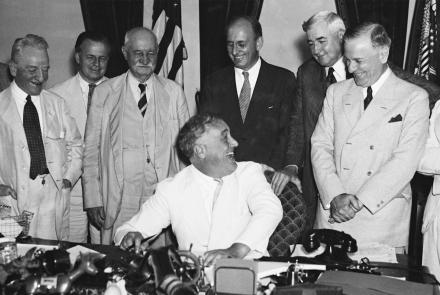
Marriner Eccles' Road to the Chairman of the Federal Reserve
S1 E1 - 4m
In a speech before Congress in 1933, with the nation in the throes of the Great Depression, a previously-unknown banker from Utah took to the podium to advocate for unprecedented, major government interventions in the economy — from unemployment insurance to housing assistance. His name was Marriner Eccles, and his ideas would soon propel him to the seat of chairman of the Federal Reserve.
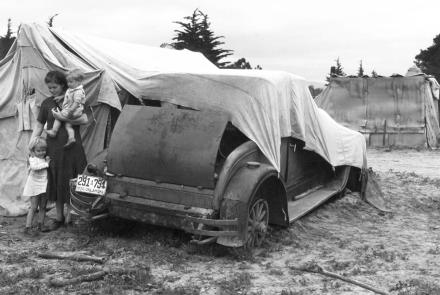
The Great Depression
S1 E1 - 2m 38s
Marriner Eccles' experiences during the Great Depression led to an epiphany — rather than relying solely on the free market, Marriner came to believe that in times of economic hardship, the federal government had a responsibility to intervene on behalf of the people, or risk the collapse of democracy and capitalism both.
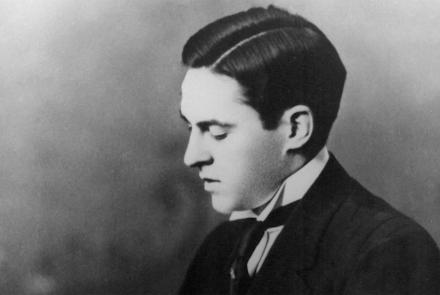
Marriner Eccles – The Early Years
S1 E1 - 5m 7s
Long before he came to head the Federal Reserve Board, Marriner Eccles began life as the son of Scottish immigrants, Mormon settlers searching for a better life in Northern Utah. Marriner would get his business acumen from his father, David Eccles — a successful entrepreneur, and at the time one of the wealthiest men between Denver and San Francisco.
Similar Shows

Coming To Mni Sota
History


Graceful Voices
History

Inside the Court of Henry VIII
History
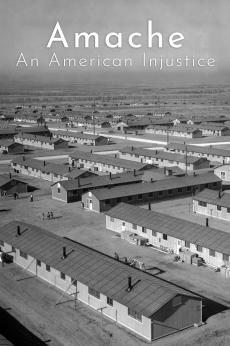
Amache: An American Injustice
History
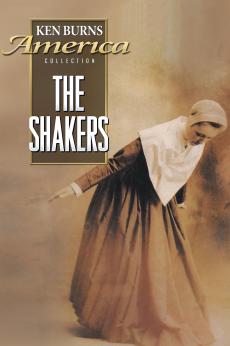
The Shakers
History

Trains That Changed the World
History

Treasures with Bettany Hughes
History

Elvis and the USS Arizona
History

WETA Passport
Stream tens of thousands of hours of your PBS and local favorites with WETA Passport whenever and wherever you want. Catch up on a single episode or binge-watch full seasons before they air on TV.